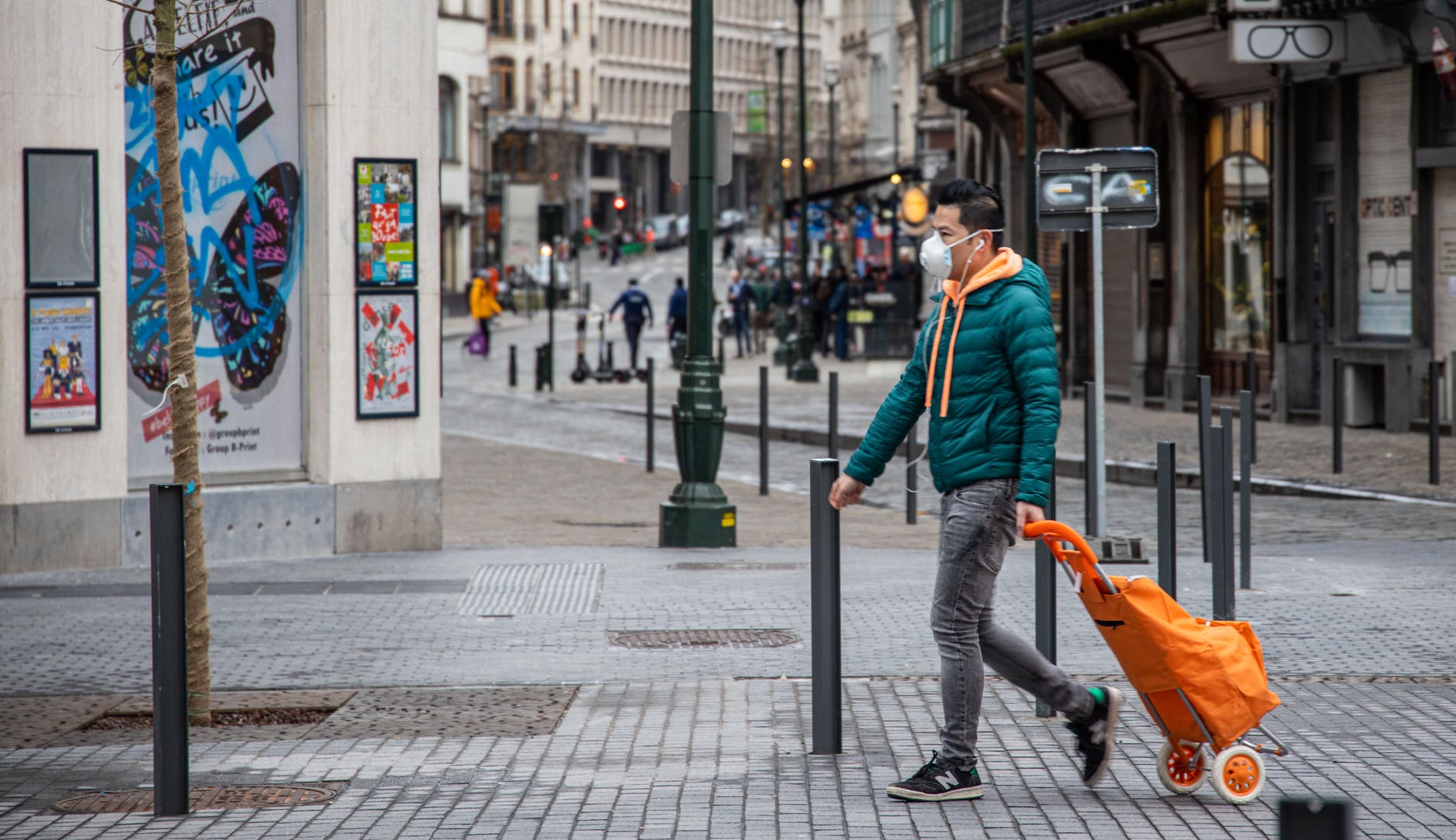Coronavirus could push the UK economy to its deepest recession on record, a new report published by the Bank of England (BoE) has revealed.
The bank’s latest Monetary Policy Report suggested the UK GDP could shrink by 14% as a whole in 2020, under the circumstances of the Government’s lockdown being relaxed in June.
The BoE said that Covid-19 and the measures to contain its spread have dramatically reduced jobs and incomes in the UK, and also put a big strain on UK businesses’ cash flow.
In the scenario of lockdown ending in June, the report indicated that GDP activity “picks up materially” in the latter part of 2020 and into 2021 after social distancing measures have been relaxed, but that the UK GDP would still not reach its pre‑Covid level until the second half of 2021. In 2022, GDP growth was predicted to be around 3%.
The BoE also announced that its Monetary Policy Committee had voted unanimously to keep the base interest rate at its record low of 0.1%.
Commenting, AJ Bell personal finance analyst, Laura Suter, said the BoE had painted “a very gloomy picture” of the UK economy, with a halving in business investment, a near halving in business sales, a sharp rise in unemployment and households cutting their spending by a third.
“The outlook for GDP is also bleak in the short-term, with a 30% fall in the second quarter of this year compared to the end of 2019,” Suter added.
“The bank is still fairly confident of its projections of a V-shaped recovery, with economic activity picking up ‘relatively rapidly’ once social distancing measures are relaxed. However, it depends how they are relaxed, what businesses can open up first, how quickly they start spending and how much the public remains wary of going out and spending their money.
“Savers who have been battered by a series of cuts to rates can see no bright spot on the horizon as the bank maintains interest rates at the unprecedented low of 0.1% and there’s no sign of them shifting upwards. Banks and building societies have been quick to slash rates, but so far there has been little respite for borrowers.
“With more people taking on more debt in order to get through the current crisis, many will be hoping that sustained low interest rates will provide some breathing space for those with debt.”
Hargreaves Lansdown personal finance analyst, Sarah Coles, commented: “Things are as bad as they seem: we’re living through the deepest economic recession on record.
“And while bad news about the wider economy is always alarming, right now our everyday lives are likely to be far more affected by the fact that 40% of people have seen their income drop and a quarter are now in some kind of financial trouble.
“The government schemes have softened the blow for many people so far, but there’s only so much they can do. Unemployment is expected to jump over the next few months, and remain far higher than before the crisis for a considerable time.
“Unfortunately there are some pretty big assumptions made in this scenario. And if we’re unwilling to go out and about when restrictions are lifted, or employers are cautious about starting up, it could damage the recovery.”
Latest News
-
Inflation rate drops to 3% in January
-
Annual house price growth slows to 2.4% – ONS
-
FCA receives 281 whistleblowing reports in Q4 2025
-
First-time buyer mortgage pricing opening door to Bank of Family lending
-
Savers have ‘more choice than ever’, Moneyfacts reveals
-
Record number of BTL companies established in 2025
Perenna and the long-term fixed mortgage market

Content editor, Dan McGrath, spoke to head of product, proposition and distribution at Perenna, John Davison, to explore the long-term fixed mortgage market, the role that Perenna plays in this sector and the impact of the recent Autumn Budget
Mortgage Advice Bureau and AI in the mortgage sector
Chief executive officer at Mortgage Advice Bureau, Peter Brodnicki, and founder and managing director at Heron Financial, Matt Coulson, joined content editor Dan McGrath to discuss how Mortgage Advice Bureau is using artificial intelligence to make advancements in the mortgage industry, the limitations of this technology and what 2026 will hold for the market
NEW BUILD IN FOCUS - NEW EPISODE OF THE MORTGAGE INSIDER PODCAST, OUT NOW

Figures from the National House-Building Council saw Q1 2025 register a 36% increase in new homes built across the UK compared with the same period last year, representing a striking development for the first-time buyer market. But with the higher cost of building, ongoing planning challenges and new and changing regulations, how sustainable is this growth? And what does it mean for brokers?
Does the North-South divide still exist in the UK housing market?

What do the most expensive parts of the country reveal about shifting demand? And why is the Manchester housing market now outperforming many southern counterparts?
In this episode of the Barclays Mortgage Insider Podcast, host Phil Spencer is joined by Lucian Cook, Head of Research at Savills, and Ross Jones, founder of Home Financial and Evolve Commercial Finance, to explore how regional trends are redefining the UK housing, mortgage and buy-to-let markets.
In this episode of the Barclays Mortgage Insider Podcast, host Phil Spencer is joined by Lucian Cook, Head of Research at Savills, and Ross Jones, founder of Home Financial and Evolve Commercial Finance, to explore how regional trends are redefining the UK housing, mortgage and buy-to-let markets.
© 2019 Perspective Publishing Privacy & Cookies











Recent Stories